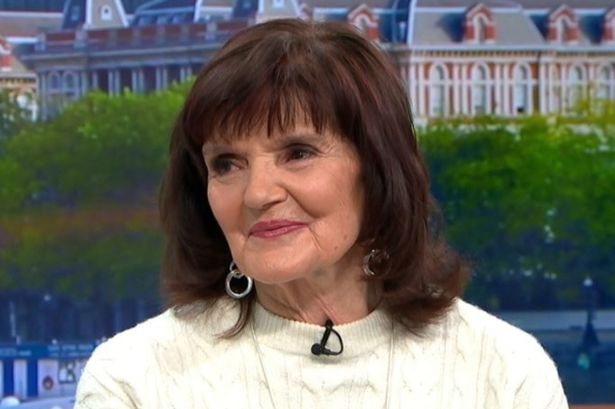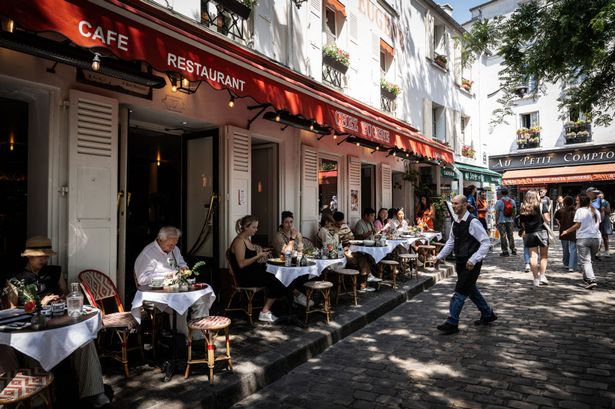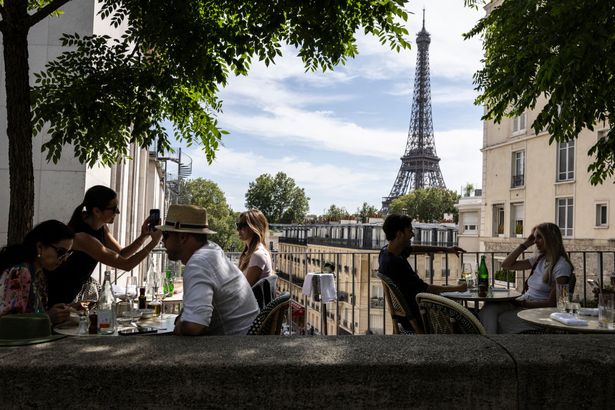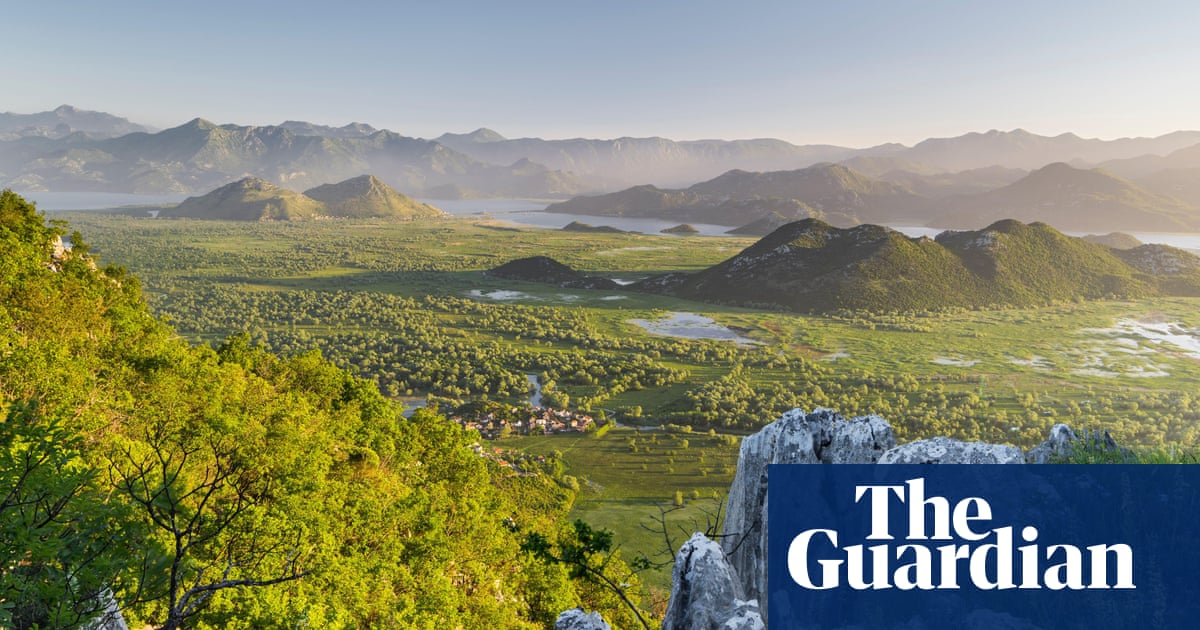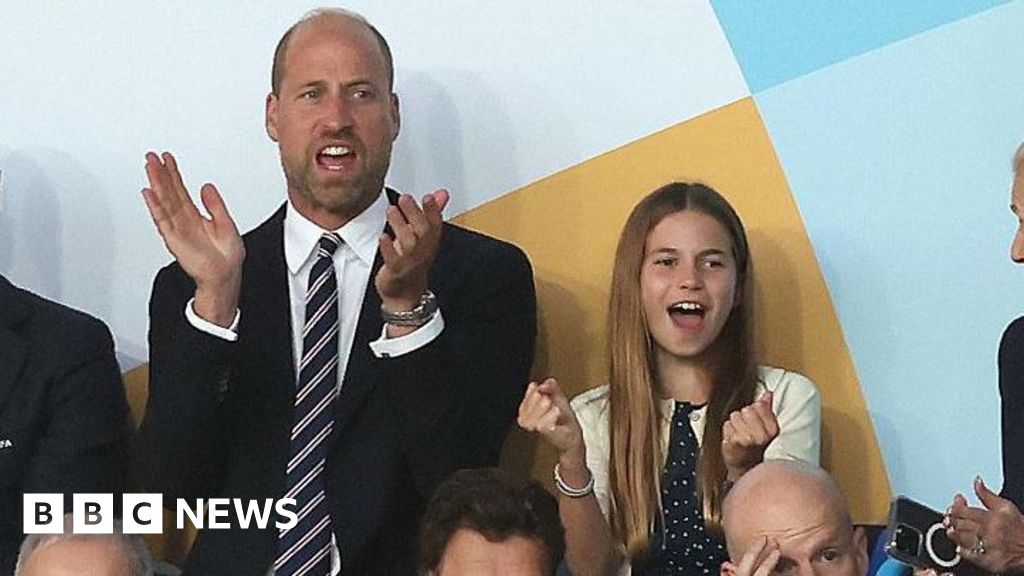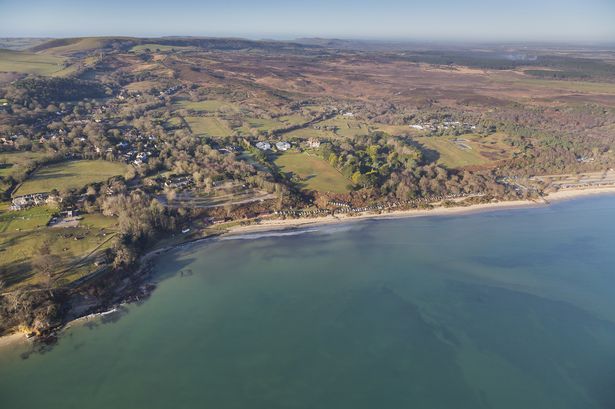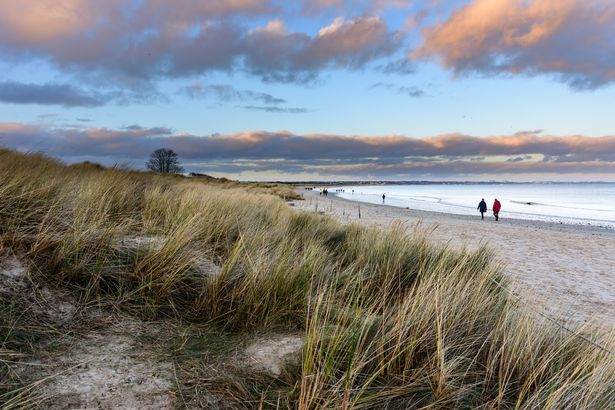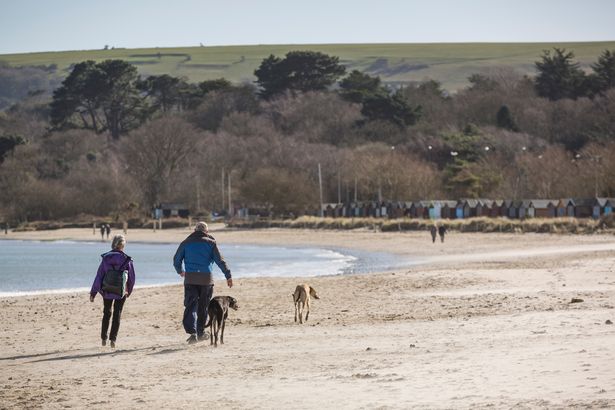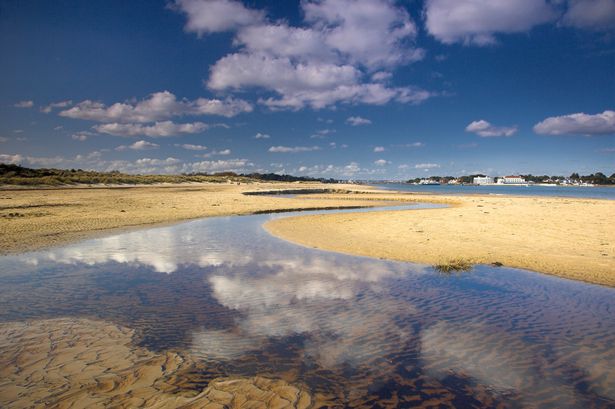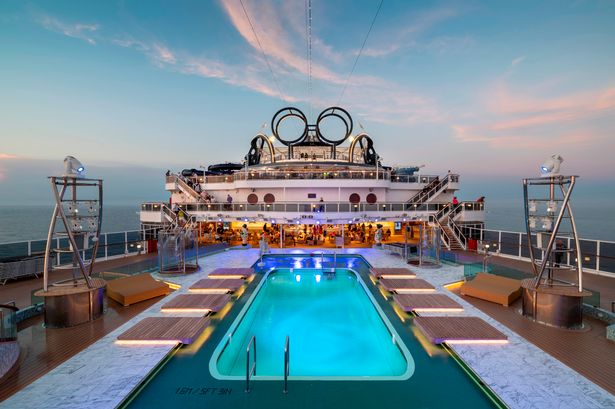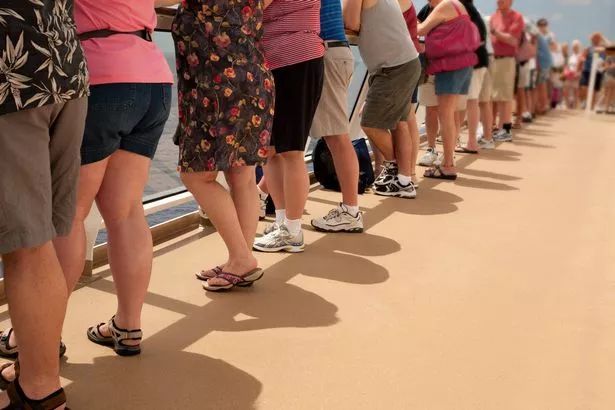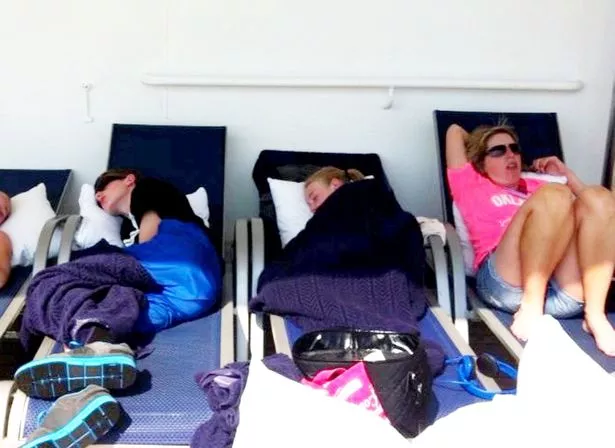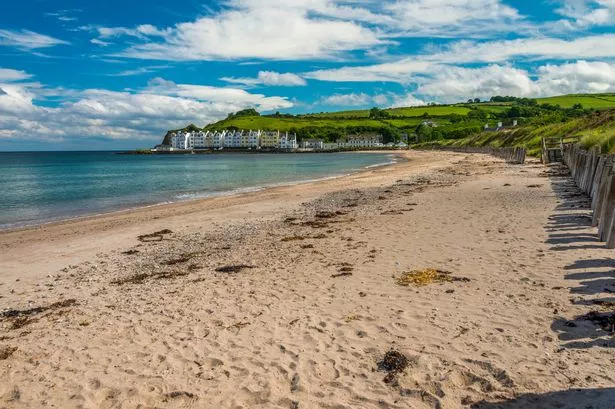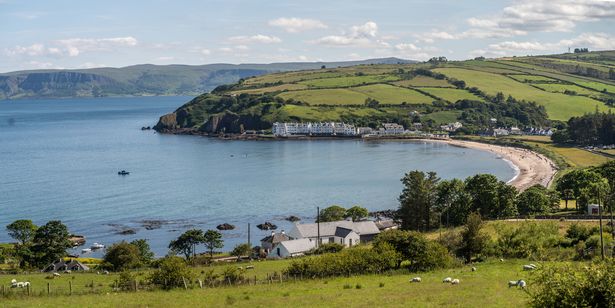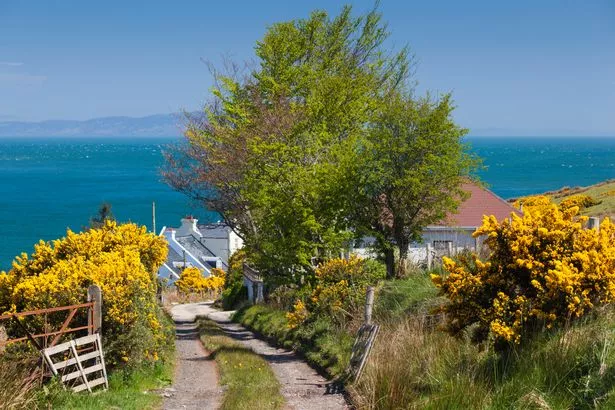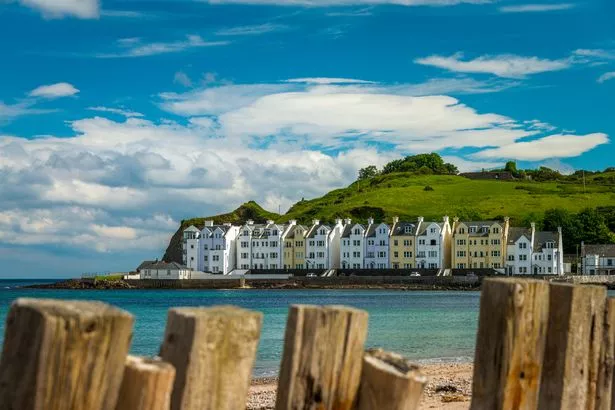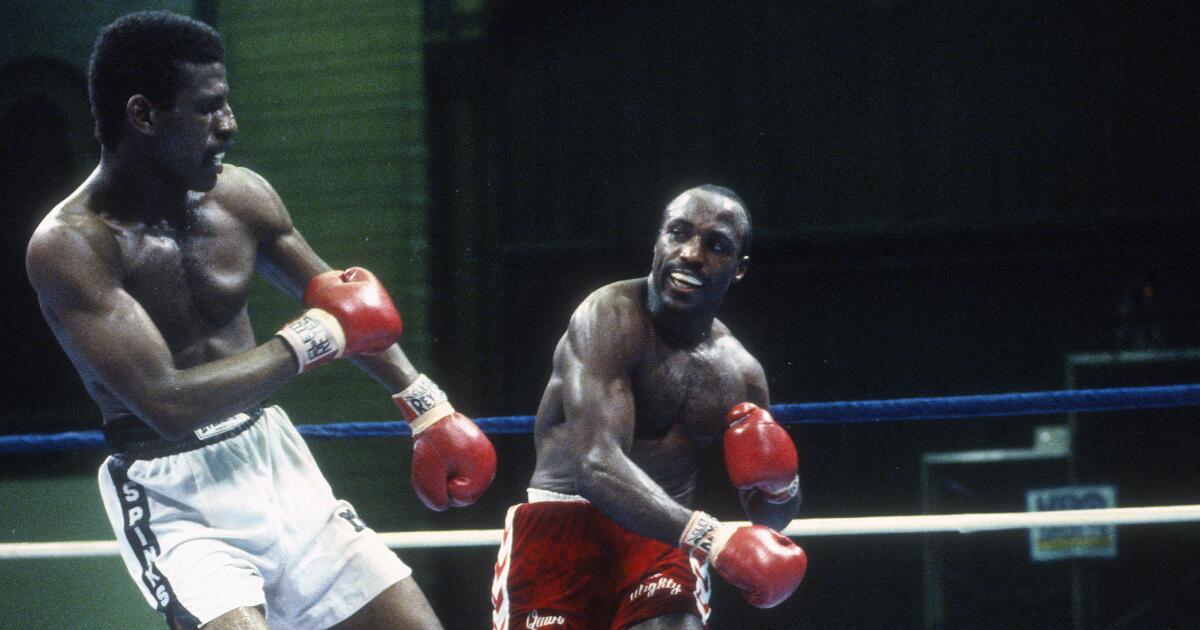A lunatic. An idiot. A person of unsound mind.
These three phrases were used in The Nigerian Lunacy Ordinance of 1916, later modified into The Lunacy Act of 1958, to describe people battling mental disorders. Beyond these descriptors, the act stated that individuals with mental illness could be confined in asylums based on the judgment of a magistrate, medical officer, or family member, regardless of their consent to such confinement.
The legislation was inherited law from the colonial masters, copying the cultural norms of the United Kingdom’s mental health affairs of the 1900s. However, with criticisms from institutions like Cambridge, which argued that the act “hampered the progress of the mental health movement for nearly 70 years”, the UK came up with the 1959 Mental Health Act, officially repealing the old law. They described their new act as “a fresh provision with respect to the treatment and care of mentally disordered persons”. Among other changes, stigmatising words such as “lunatic” and “asylum” were replaced with terms like “mental disorder” and “patient”, giving mentally afflicted people the choice to seek help for themselves.
Nigeria, however, had other ideas.
While the UK took this step in a new direction, Nigeria steadfastly held on to the 1958 Lunacy Act, and for decades, the country would show no signs of amending it.
The urge for change went on for years, with judicial officers like the Chief Judge of Lagos State, Justice Olufunmilayo Atilade, asking for a reform of the Lunacy Act at a Bench and Bar Forum in 2016. She criticised the state of the Lunacy Act, explaining that the laws remained grossly inadequate and hopeless in dealing with the situation in Nigeria.
The Lancet Global Health journal also regarded the act in 2020 as “reflective of a period in human history not only when mental health was severely misunderstood but also when the treatment of people with mental health care needs was both inhumane and ineffective.”
Even mental health advocacy groups lent their voice to the fight. In 2021, the Mentally Aware Nigeria Initiative (MANI) hosted an X space, speaking out against the act and urging the legislative arm to repeal and replace it with something more humanising. Some Nigerian psychiatrists also lent their voice to the matter, with the President of the Association of Psychiatrists in Nigeria, Taiwo Lateef, explaining in 2019 that the Lunacy Act was inadequate, failed to define a mental disorder, and that it stemmed from a time when there were no treatments for mental illnesses.
For a long time, there was a desperate call for change, and after 65 years, Nigerian leaders finally listened to these pleas. In 2021, the National Mental Health Act was introduced, and it was officially signed into law on January 5, 2023. After years of waiting for reform, people began to see the changes in national mental health they had long requested. The Act was lauded, with people praising the government for enacting it. Mental health practitioners like Alabede Surajdeen also termed it “a cheering and good development”.
With five parts and 56 actionable sections, the long-awaited 2021 Mental Health Act swore to bring a monumental number of changes that, when implemented, would leave the mental health landscape in Nigeria forever altered.
The Act promised a Department of Mental Health Services to truly focus on mentally disordered persons and a Mental Health Fund to ensure frequent financing. It guaranteed patients the freedom to consent to whatever was done to them and ordered mental health to be integrated into everyday clinics. It also proposed the formation of an independent Mental Health Assessment Committee to prevent abuses.
Despite its promises, most of the 56 sections of the act have not been implemented. The most glaring absence is the lack of a Department of Mental Health Services, as every other law governing mental health care in Nigeria is meant to flow through this system.
The National Library of Medicine, a scientific medical journal, analysed the Act in 2024. It explained that the Federal Ministry of Health (FMoH) was supposed to establish a Department of Mental Health Services. However, as of 2025, the FMoH has not provided any updates on when this department will be created, and there is no mention of such a department on their website. Basic rights promised, like legal protection from discrimination and the choice to deny treatment, remain unenforced.
While the Act mandated affordable and accessible mental health care, the price and accessibility of therapy seems too high and limited for the average Nigerian. It also promised the integration of mental health services into primary healthcare, but most mental health units remain buried within public health departments.
This has led to many state leaders lacking the needed direction to implement the Act on a state level. As a result, out of Nigeria’s 36 states, only three have recognised the Act, and only two states – Lagos and Ekiti – have successfully adopted it into their local legislation. Inadequate budgetary allocation for mental health, among other factors, explains why this lack of implementation persists.
In 2021, a study showed that Nigeria did not have a mental health budget. All the funding received for mental health situations was pegged at between three and four per cent of the total health budget, with 90 per cent of that limited funding allocated to Federal psychiatric hospitals. The promised Mental Health Fund remains a concept within the law, and the capital given to the mental health sector remains unnoticeable.
Another issue halting the implementation of the Act is the severe shortage of trained personnel. In 2022, media reports showed that only 250 psychiatrists were recognised to help over 200 million Nigerians. In 2024, months after the act went into effect, the Medical Report Foundation found that these statistics had not changed.
At a ratio of about one psychiatrist to 80,000 Nigerians, experts say the strain on those meant to enact the Act is steep, making them move outside the country with their expertise. Just like psychiatrists, facilities are also greatly limited in the country. The Federal Ministry of Health and Social Welfare has reported ten federal neuropsychiatric hospitals in Nigeria, each one dating back to before the existence of the Mental Health Act.
While the existence of 10 federal neuropsychiatric hospitals may inspire hope in some, others have no faith in them due to mistrust of the government. Modupe Olagunju*, a final year student who has struggled with her mental health on and off for over 6 years, seemed disgusted by the prospect of attending a government-owned mental health facility.
“I would not attend a federal hospital for anything, especially not for my already fragile mental health. From my experience, almost everything that involves government-provided facilities in Nigeria involves three things: Crowds, bribery, and competition. Every regular healthcare facility I’ve been to that is owned by the government was poorly managed and overflowing with patients. I don’t believe a government mental health facility would be well-equipped to handle mental health matters professionally.”
Modupe’s concern for a lack of proper government-owned mental health facilities seems well-founded. While the Federal Government ordered 16 new infrastructure projects for the neuropsychiatric hospital in Kware, Sokoto State, in 2025, their efforts to improve mental health facilities after the Act’s existence seem to have ended there. No information about the projects’ implementation has come out since May, and no new neuropsychiatric hospitals have been opened since 2022.
The crawl towards implementation can be attributed to the masses as well, as deep-rooted cultural stigma continues to influence the public understanding of mental health and therefore dampens the government’s push to do something about it, experts said.
A study by the African Polling Institute revealed that 54 per cent of Nigerians attribute mental illness to possession by evil spirits, and 23 per cent understand it as a punishment from God. Many Nigerians are more concerned with religious institutions than seeking out psychiatric care, which may discourage the government from taking action to better mental health facilities.
When Modupe was asked if there were any hindrances towards her seeking therapy, both before and after the Act’s implementation, she said, “It took me a while to convince my family to allow me. My dad and my brother don’t really believe in mental health matters and believe Africans can’t go through such a Western phenomenon (even though my dad has been diagnosed with a mental health issue himself). It was my mum who finally relented and took me in 2020, but even now, they are sceptical. ”
With a lack of significant effort from the government, many are worried that the Act does far more showing than telling. Paul Agboola, the Provost and Medical Director of the Neuropsychiatric Hospital of Abeokuta, notably told journalists in 2025 that “Togo, Ghana and Benin Republic are already implementing this law, but we who pride ourselves as the giants of Africa can’t implement our [mental health] laws that have been passed for two years now.”
The effects can be felt on a personal level. Modupe expressed her confusion about the Mental Health Act when asked if she was aware it existed.
“No, I am not aware [it exists]. I didn’t even know we had a Lunacy Act, and now we have another one? I am very surprised that such an Act exists because it feels like Nigeria has too many problems to pay much attention to mental health.”
As someone who has struggled with thoughts of ending her life since 2019, years before the Mental Health Act came to be, Modupe laughs at the idea that a positive change has occurred from when her struggles began till now.
“In Nigeria, the [mental health] law is just a suggestion.” She mused, “It isn’t something that needs to be implemented. Unless you have the right connections or adequate knowledge, the policy is useless.”
Tomiwa Oladapo*, an autistic sexual assault survivor, also expressed his disbelief that the Act was a thing, saying, “I didn’t know… I think I didn’t know because coverage of stuff like that sucks in our country, and I’ve become really apathetic to this country. If something good had come out of the Act, I’m sure I would have known about it, but since 2021, please, what has changed?”
At best, it seems the Act has done little other than halt the degradation of mental health in the country, as no reports show a significant dip in the state of mental health nationwide since the its existence. In fact, some believe, on a private level, that mental health in Nigeria is ticking upward.
“At the end of the day, these discussions and changes about mental health in Nigeria are often had in privileged spaces. I do think people are more aware (of mental health) in Nigeria in recent days, but I’m not sure the nation itself is bringing about any significant change,” Tomiwa told HumAngle.
His views reflected those of Bernice Ezeani*, a 21-year-old NYSC corper who simply stated, “I haven’t seen anything significant from the government or state (concerning mental health) but from private entities? Yes. I also don’t know about the Act, but I know that private entities have been championing mental health activities even since before the Act.”
Still, for many in Nigeria, private efforts towards mental health improvement are not enough. “We have an Act,” Bernice states, “And so we should use it.”
Properly implementing the Act not only favours mentally ill Nigerians calling for change but also strengthens the country’s economic stability, benefiting all inhabitants.
This view is echoed by the Clinton Health Access Initiative (CHAI), a global health organisation, which showed the steep cost of underinvesting in mental health nationwide.
The study explains that brain health, which is how optimally the brain works, and brain skills, such as analytical thinking and creativity, are linked. Together, they are necessary for the sort of productivity that drives the modern workforce and therefore builds the economy.
Mental illness is described as a major roadblock for brain health, and in a country where an estimated 20 – 30 per cent of inhabitants are estimated to suffer a mental illness, according to ReasearchGate, a monumental portion of Nigerians, if they has access to proper mental health care, could have a positive impact on Nigeria’s struggling economy.
Until the Mental Health Act brings significant action to back up the written law, its 56 sections will remain mainly symbolic. For the millions who need the promises it offers, the law without proper implementation will continue to foster confusion and hopelessness, with some continuing to share the same sentiment as an X user did in 2025, stating, “Mental health Act signed 2022 yet implementation is poor. Funding is also very poor, we still have a long way to go (in regards to ) mental healthcare in Nigeria.”



